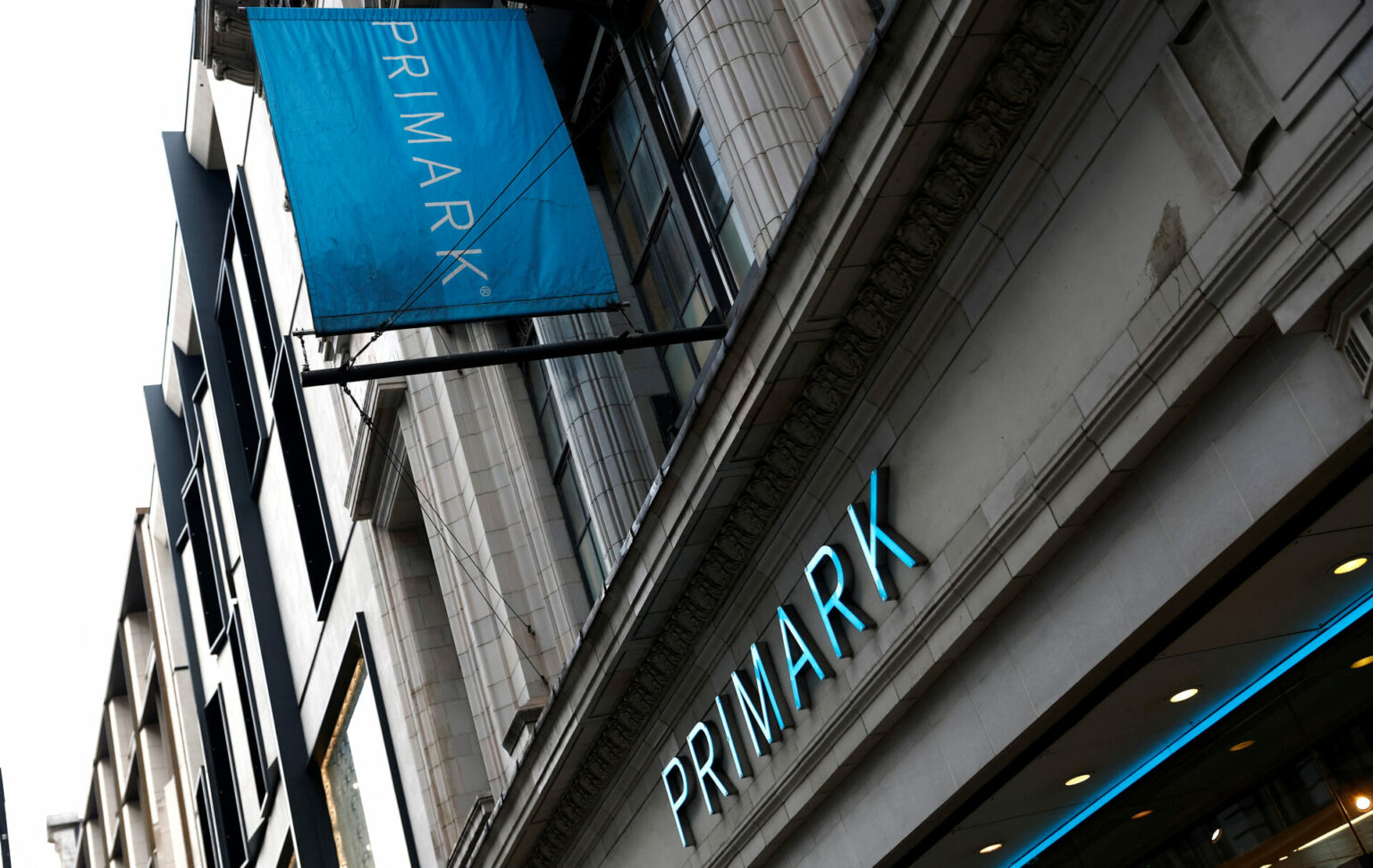Table of Contents
Primark, also known as Penneys in some countries, is a popular fast fashion retailer with headquarters in Dublin, Ireland. It was founded in 1969 and has since become one of the largest clothing retailers in Europe. Primark offers a wide range of clothing, footwear, accessories, and home goods at affordable prices.
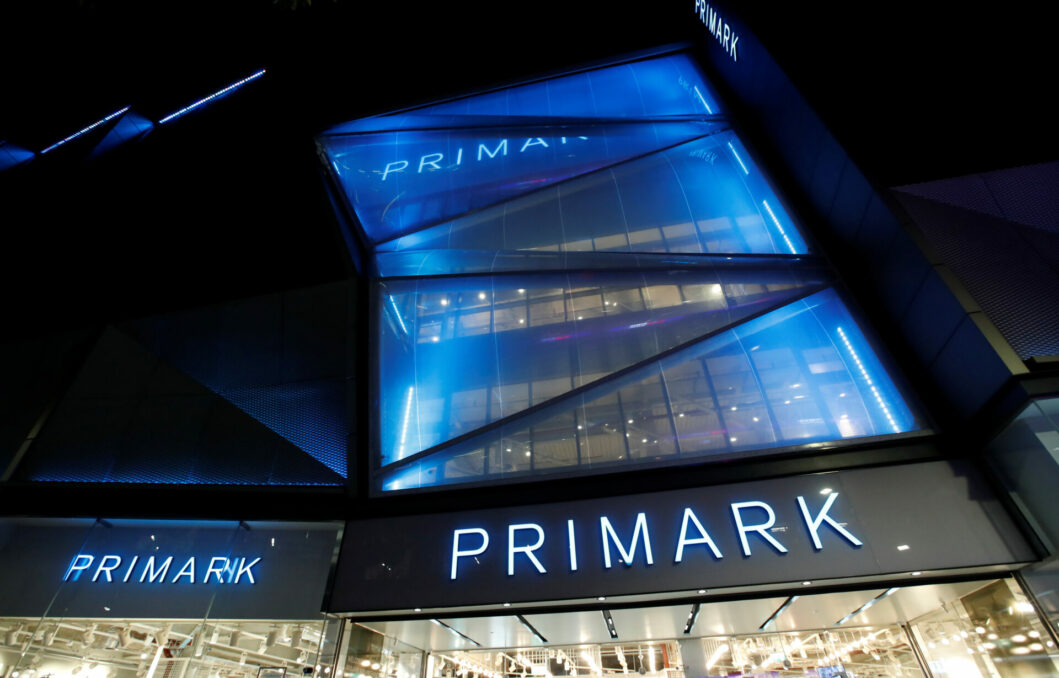
Primark at a Glance
One of the key aspects of Primark’s business model is its focus on offering fashionable products at low prices. They achieve this by sourcing their products from a variety of suppliers worldwide, including countries with lower production costs. Primark is known for its fast inventory turnover, which allows them to constantly update their product offerings and keep up with the latest fashion trends.

Primark stores are known for their large size, often spanning multiple floors and offering a diverse selection of products for men, women, and children. The stores typically have a no-frills layout and a self-service approach, enabling customers to browse and choose their items independently. Primark does not have an online store in all countries but has been expanding its online presence in recent years.
It is important to note that Primark has faced some criticism regarding its business practices and the ethical implications of fast fashion. Concerns have been raised about labor conditions and environmental sustainability in their supply chain. Primark has taken steps to address these issues, such as implementing ethical sourcing policies and joining various sustainability initiatives.
Overall, Primark has established itself as a prominent retailer for budget-conscious shoppers, attracting a large customer base with its affordable prices and diverse product range.
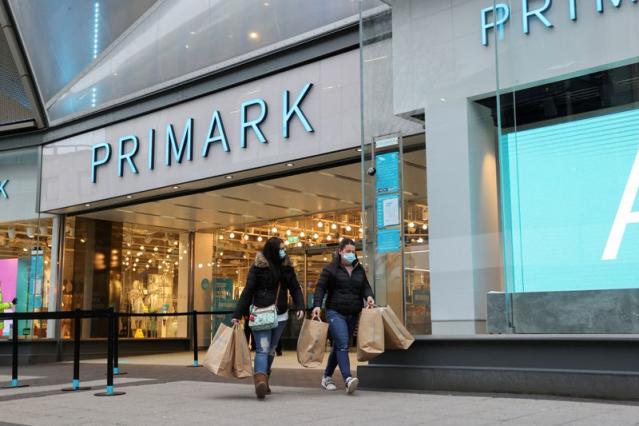
Primark’s UK Trading in June
According to the finance chief of Associated British Foods, Primark’s trading in the UK during June showed even stronger performance than the 6% growth achieved in the 12 weeks leading up to May 27. This positive outcome was attributed to favorable weather conditions. When asked about the third-quarter results, finance director Eoin Tonge confirmed that June’s trading in Britain had been significantly better.

In the fiscal third quarter, Primark experienced a noteworthy overall like-for-like sales increase of 7%. This growth serves as a testament to consumers’ resilience in the face of high inflation, despite the squeeze on their spending power
Eoin Tonge, the finance director, expressed his observation that with every passing quarter, the consumer’s resilience has consistently defied the pessimistic commentary. Despite the prevailing atmosphere of negativity, which has persisted for nearly a year, consumers have consistently outperformed expectations.
Tonge cautiously expressed his optimism that consumers will continue to display this remarkable resilience going forward.
The Rise of Primark
What started as a single store has now grown into a retail powerhouse with over 400 locations worldwide. The company’s success can be attributed to its ability to offer fashionable clothing and accessories at remarkably low prices, appealing to a wide demographic of consumers.
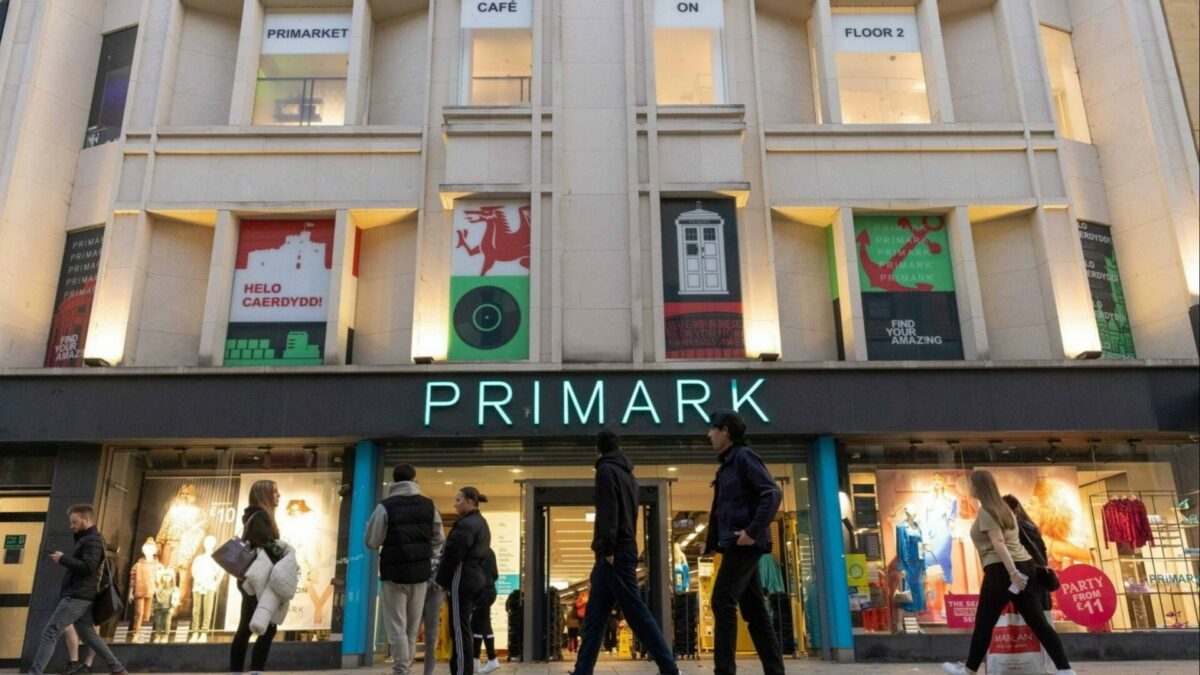
Primark’s core philosophy revolves around making fashion accessible to everyone. Their stores are a treasure trove of trendy clothing, footwear, accessories, and homeware, all offered at incredibly affordable prices. From basics to statement pieces, Primark has something for everyone, ensuring that customers can stay stylish without breaking the bank. By following the latest fashion trends and quickly producing affordable versions, Primark allows customers to experiment with their personal style without the fear of overspending.
Primark’s Impact on the Fashion Industry
Primark’s success has had a significant impact on the fashion industry as a whole. By offering affordable alternatives to high-end fashion, Primark has democratized fashion, making it accessible to a broader audience. This shift has compelled other retailers to rethink their pricing strategies and cater to the growing demand for affordable fashion. Additionally, Primark’s fast fashion approach has influenced consumer behavior, encouraging more frequent purchases and shorter fashion cycles. However, the industry is becoming increasingly aware of the need for sustainable practices, and Primark continues to adapt to these changing dynamics.
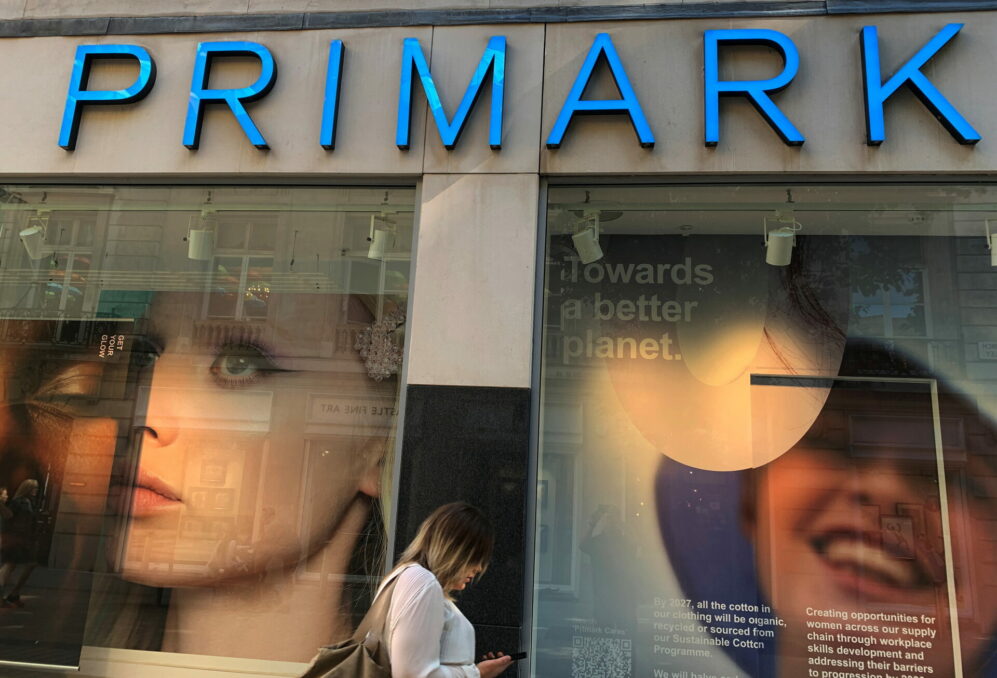
While Primark has gained popularity for its affordability, it has faced criticism regarding sustainability and ethical concerns. Fast fashion is often associated with environmental issues, such as excessive waste and unethical labor practices. Primark has taken steps to address these challenges by implementing sustainable initiatives, including increasing the use of sustainable materials, supporting ethical sourcing, and reducing waste. However, there is still work to be done to ensure a more sustainable and ethical approach throughout the company’s supply chain.
Primark’s ability to combine fashion-forward designs with unbeatable prices has made it a go-to destination for budget shoppers. While facing challenges in sustainability and ethical practices, Primark’s impact on the fashion industry is undeniable, providing accessible fashion for all.
Refer Here: Primark’s UK trading in June stronger than third quarter, finance chief says







